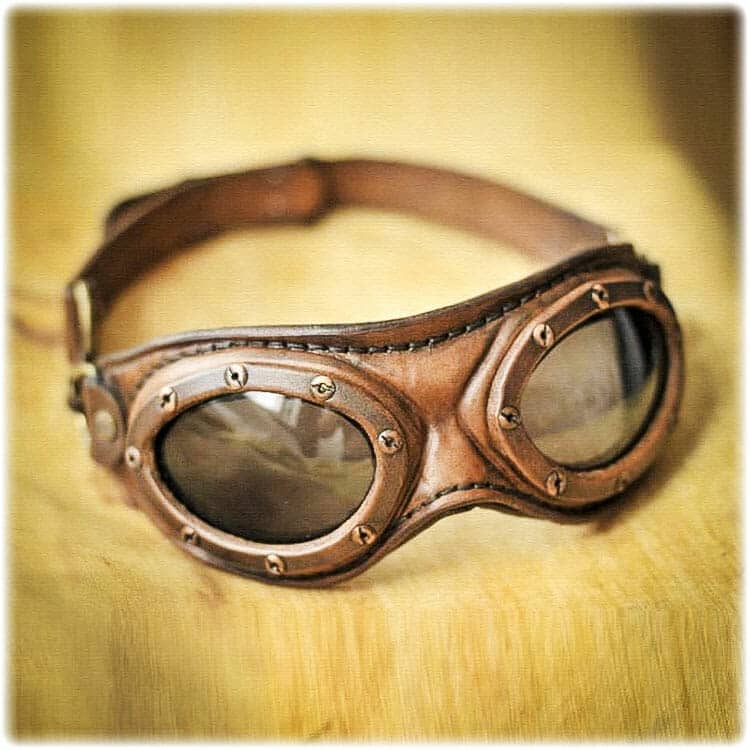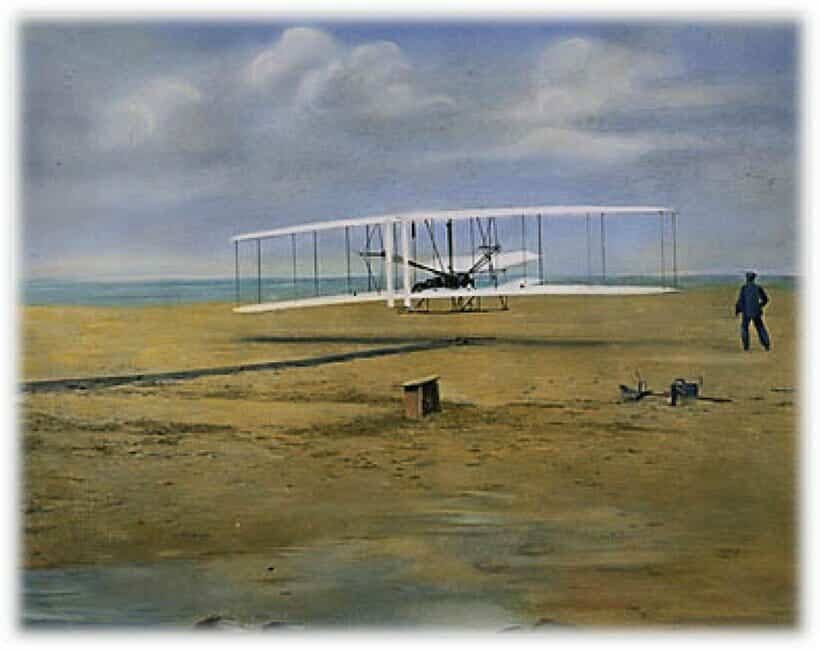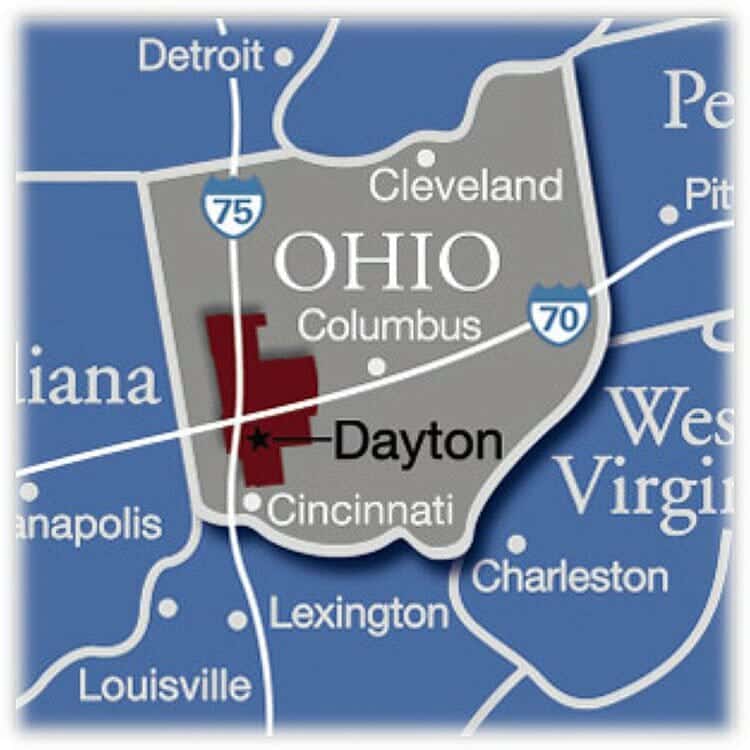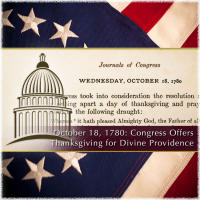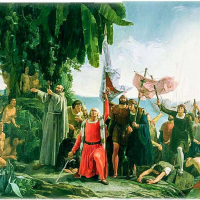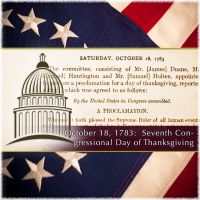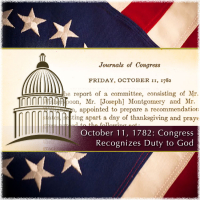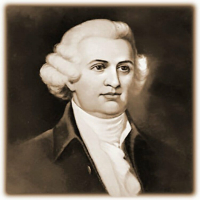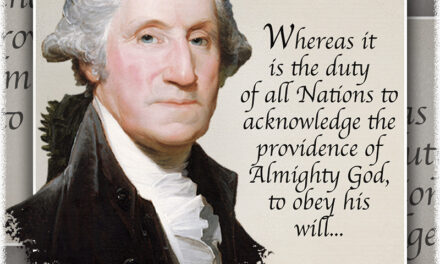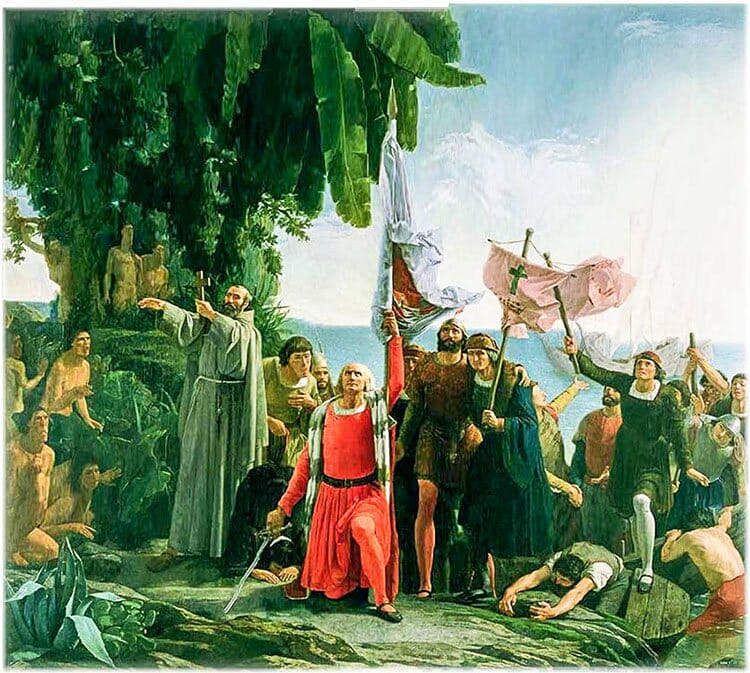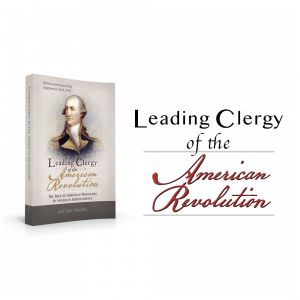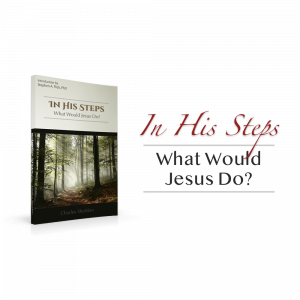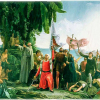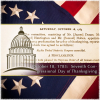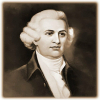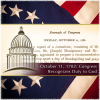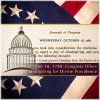If Christians truly realized how the Gospel of Jesus Christ has changed the world for good, they would be emboldened to defend their faith against a skeptical, unbelieving world. Most Christians are unaware that their faith was on the vanguard of developments in science and many other fields of study. As may be demonstrated from the irreligious influence of Voltaire (François-Marie Arouet), Jean-Jacques Rousseau, the Philosophes, and many others, secularism and other forms of irreligion cause moral and social decay in any society--as evidenced by the social decay of Europe. True Christianity always leavens and enlightens every society where it is welcomed. For this reason, the history of the world recounts the fact that the degree to which the truth of the Gospel is embraced by any people or society, to that degree life is made more enjoyable and rewarding for its citizens. One of the many disciplines to which Christianity may rightly lay claim of authorship is the field of aviation.
Contents
Orville and Wilbur Wright Discover Flight
On December 17, 1903, two inventor brothers and aviation pioneers, Orville and Wilbur Wright, piloted the world's first successful manned flying machine at Kitty Hawk, North Carolina. Although the Wright brothers were not the first to construct and fly experimental aircraft, they were the first to equip their flying machine with controls that made fixed-wing powered flight possible. Despite competing claims, the Wright brothers' flight at Kitty Hawk is the most widely accepted date for the beginning of "heavier-than-air" aviation. On this occasion, Orville and Wilbur combined both power for lift and control of their aircraft. Over the two years that followed the first flight at Kitty Hawk, Orville and Wilbur developed their invention into the first practical fixed-wing airplane. A decade later, powered aircraft had developed sufficiently to provide for reconnaissance, artillery direction, and attacks against ground forces in World War I. Few discoveries or inventions have affected the world to the same degree as the Wright brothers' first fixed-wing powered flight.
What is often overlooked is the fact that the Wright brothers were the sons of Milton Wright, bishop in the Church of the United Brethren in Christ, America's first soil-born church. In 1889, Bishop Wright led an effort in the denomination to maintain the original constitution of the church. When a large portion of the church proposed a new constitution, division ensued between the two branches. The smaller portion of the denomination that Bishop Wright helped to lead, known as the United Brethren in Christ (Old Constitution), eventually established its headquarters in Huntingdon, Indiana. The larger branch of the denomination, known as the United Brethren in Christ (New Constitution), eventually merged with the Evangelical Association (1946) to become the Evangelical United Brethren and subsequently merged with the Methodist Church in 1968 to become the United Methodist Church.
Bishop Wright had been stationed at the United Brethren headquarters in Dayton, Ohio, and for this reason, the Wright brothers, yet children, grew out of childhood to live and work in Dayton. Following their initial success as aviators, the Wright name became associated with one of the most important aviation centers in the world. In 1917, Wilbur Wright lent his name and consulting skills to six businessmen who formed the Dayton-Wright Airplane Company, which helped to supply the military with airplanes during World War I. As a result, Dayton became an important center for the production of military aircraft. By the early 1920s, efforts were being made to preserve the development of American and world aviation history in the form of a museum. Today the National Museum of the United States Air Force, the oldest aviation museum in the world, exists as the result of successive efforts to memorialize aviation history. It lies just outside of Dayton, and it does so because a Christian minister was called to serve his denomination as a bishop, laboring at his church's headquarters in Dayton, Ohio.
In the southwestern corner of Ohio, a cluster of aviation museums arose around the city of Dayton. Some of America's largest aviation museums are there, including the National Museum of the US Air Force, Dayton Aviation Heritage National Historical Park, and the National Aviation Hall Of Fame. The world remembers that in a bicycle shop in Dayton, the Wright brothers experimented with the components that would secure for them a place in world history as the first to realize controlled powered flight. But, what the world does not remember is why the Wright brothers where in Dayton. The answer to this question laid in the ministerial career of their father.
In 1869, Milton Wright was elected editor of the denominational periodical of the United Brethren in Christ, the Religious Telescope. Since the headquarters of the United Brethren was in Dayton, Milton moved his family there. As editor, he became prominent within the denomination and was elected as a bishop in 1877. By 1881, leadership in the United Brethren was becoming more liberal--something that was deeply disconcerting to Bishop Wright. Failing to be re-elected as bishop in 1881, the Wrights moved to Richmond, Indiana where Milton served in a duel capacity as a circuit-riding preacher and presiding elder in White River conference of the United Brethren from 1881 to 1885.[1] Sensing there would be a showdown between the conservative and liberal elements of the United Brethren, Milton moved his family one last time back to Dayton in 1884, before his duties as presiding elder had been completed. This was the last time Milton Wright moved his family. In 1885, he was re-elected to the bishopric. The anticipated showdown did indeed come in 1889, spitting the United Brethren Church into two separate denominations, the one to follow the liberalizing influences of the twentieth century American church and the other to maintain its biblical evangelical heritage. Orville and Wilbur Wright supported their father's conservative efforts and branch that maintained the original constitution of the church by providing it with publishing services until the Old Constitution side of the United Brethren could establish a publishing house in Huntington, Indiana.
The reason the world celebrates its aviation history at Dayton Ohio is because a conservative minister--by the name of Milton Wright--refused to compromise the claims of the Gospel of Jesus Christ! May God give us leaders in this generation with equal courage!
America deserves to know its true heritage.
Please contribute today!
[1] In 1883, Milton began to write a conservative periodical known as The Star for the sake of his fellow conservatives.

